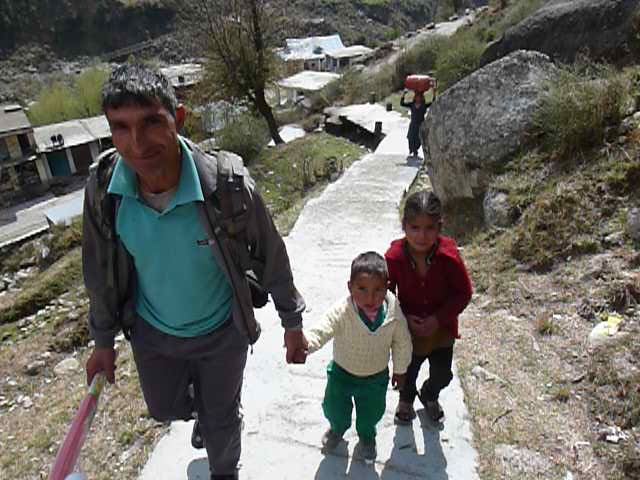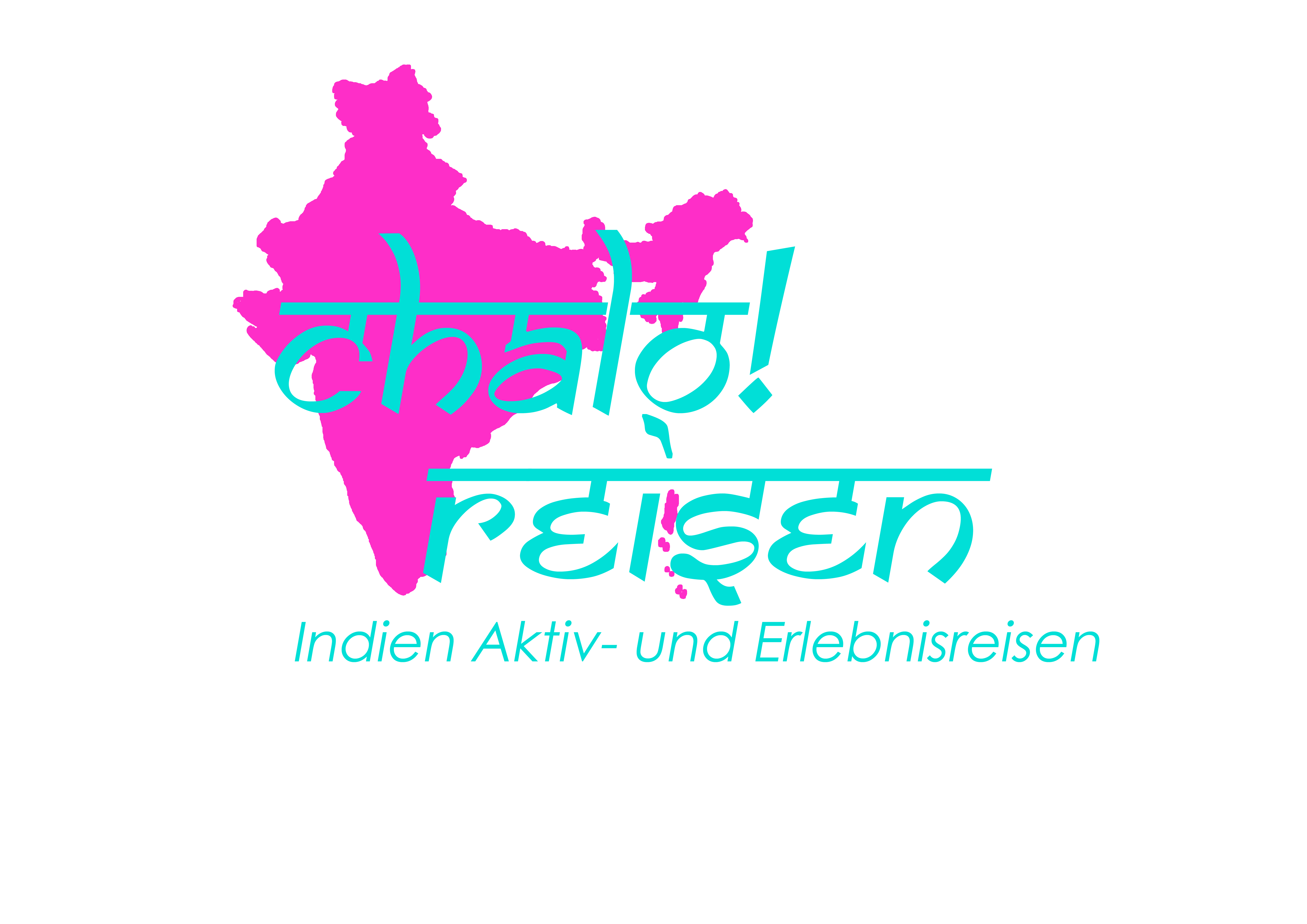October Calendar Sheet No. 10

School education has also been compulsory for Indian children for several years. Prime Minister Modi has been working hard in recent years to ensure that children from rural areas in particular, as well as girls, have a chance for education and finish their 10th grade degree.
In order to support especially girls, who are still somewhat disadvantaged in some rural areas, they are provid3d completely free education, including school supplies and a meal.

The formation of the wealthy Indian upper class
The wealthy and educated Indian parents, mostly from the metropolises of India, recognize the importance of good education and usually send their children to more expensive private schools and daily tutoring.
These children are often put under enormous pressure by their parents. Because in India there are many people and only those with the best degrees from the best schools and universities will succeed, according to their assumption. Unfortunately, government schools do not have the best reputation, as teachers can be ensured of their employement and are therefore quite unmotivated.
With many children from households of better-off families, I could see how little childhood remains for these young people and that their life content revolves exclusively around learning.
They aim for the best universities, achieve the best performances, to succeed and get rich.
Every now and then, whenenver the performance of the students is not quite sufficient, the teacher is also given some “bakschish”. This, too, can improve the grades on the testimonials.
Unfortunately, the pressure of some parents and teachers on the young students is so strong, that suicide among students is not seldom.
This is one side of Indian educational history, the other is going in the opposite direction.
Schooling in the rural region

Until a few years ago, it was not common to attend schools, especially in rural areas. Whatever it took to survive in the countryside, you learned at home or in the field: cooking food, ordering fields, caring for animals, sewing clothes, washing clothes, caring for children.
You didn’t need mathematics or reading skills. The children, both the sons and the daughters, helped with the daily work to survive.
And if there was seen some value in education, the parents would only send the son to schools, so that they could then get a “real” job and bring some money home. The girls should stay at home and run the household, just as they would do anyway as soon as they get married and moved to the man’s family.
This view is still widespread.
From Indian men and women who never went to school
I myself know many men and women who either never, or at most, went to school for the first few years, but then no longer saw the value of an education and instead preferred to do work at home or earn some money througha job. Like that they could at least earn few rupees and have something to eat.
These men and women are not stupid at all and in their own way very educated and specialized in their field of work:

There is Kundal, a Rajasthani taxi driver. He can’t read or write, but he’s an excelent car driver and has taught himself English through conversations with tourists. When asked how he can navigate through the complicated road leads in the cities, he just taps on his head.

Ashok, a trekking guide and cook went to school only for the first three years. He was beaten by the quite unmotivated teachers and then just didn’t go anymore. In the beginning he had helped his father with the goats, later he accompanied trekking groups as a helping hand and worked his way up over the years. By now he is a very sought-after mountain guide and he knows his mountains very well.

His wife Shumni did not even go to school at all. But she still enjoyed an education at home: she can sew, knit, cook, know how to light a fire, feed a cow and have knowledge about edible or healing wild herbs.
When I visited Ashok and his family in their village, I was impressed by Shumni’s strength and hard work. I myself would be completely lost here in the countryside with my good schooling, whereas Shumni takes care of two children, her husband, two cows and herself!

Jogesh from Rajasthan joined his spiritual guru as a young boy and now moves around the country with him as a spiritual singer and fire dancer. He has never enjoyed a classical school education, but through following his guru he has learned a lot about yoga and Indian philosophy and lives it to the fullest.
All these people are happy and educated in their own way. They do a job and can take care of themselves and their children. Their decision (or that of their parents) not to attend school and to not have a degree still shames them and restricts them in their lifes, where counting, arithmetic, reading and writing is becoming more and more important.
They all save now on the education of their own children in order to be able to send their sons as well as their daughters to good private schools. As they should have it better than themselves, who have to do hard, physical work on a daily basis and receive little recognition for it and are earning their money only tediously.
The Camel Rider
Also our young camel rider in the photo has decided against the school and for an education as a camel guide for camel safaris with tourists. At the moment he is happy, because he is with his camels together, earns his own money and does not have to sit on the school bench for hours, like his friends.
But who knows, maybe he will regret his decision at some point and then, as a father, he will be a little stricter and send his own children to school as well.





